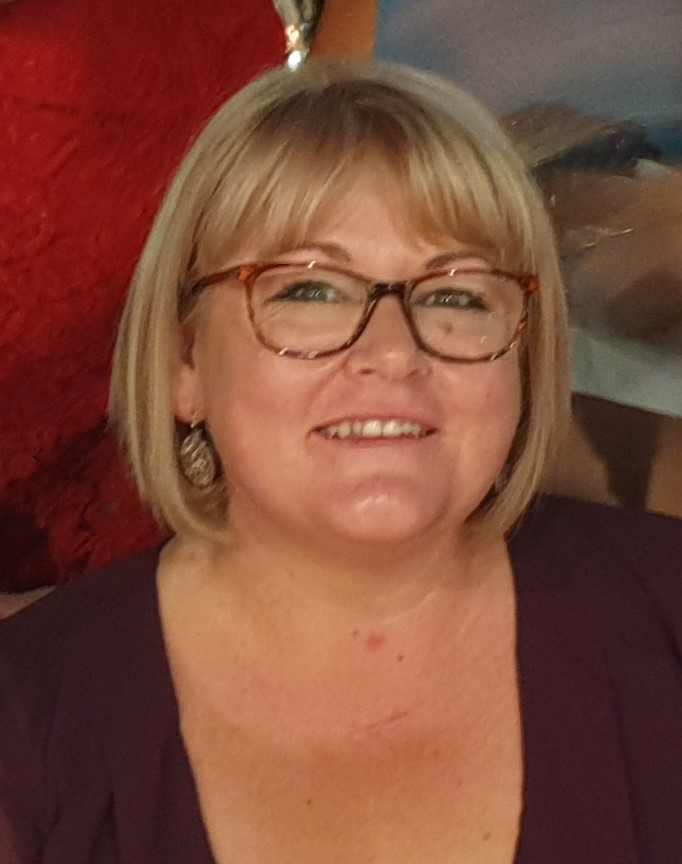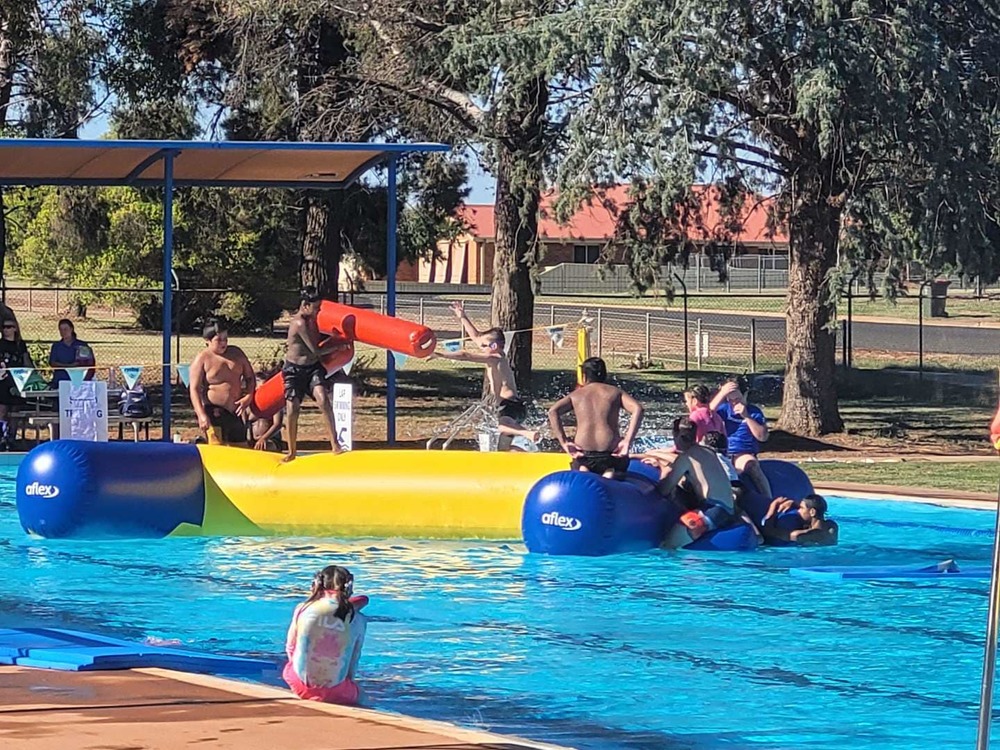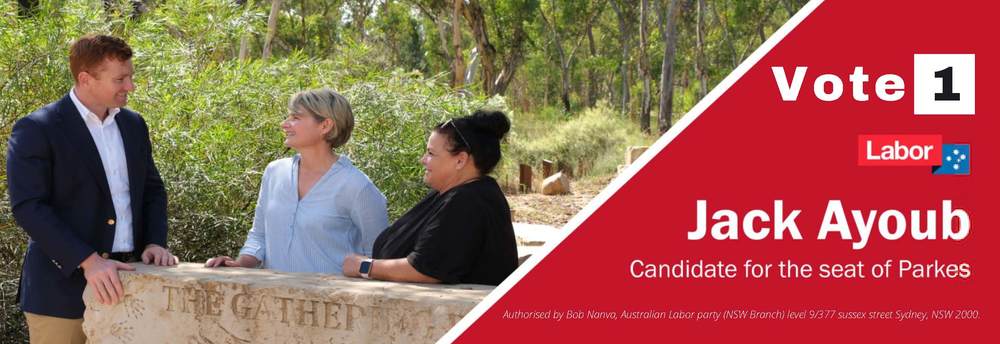Gambling a slippery slope for regional youth
Lucy Kirk
13 May 2022, 10:01 PM
 Gambling among our region's young people is proving to be detrimental to their wellbeing.
Gambling among our region's young people is proving to be detrimental to their wellbeing.A local mental health training coordinator has identified gambling in youth as an issue affecting the communities in the Central and Far Western areas of NSW.
Jennie O’Hara, owner of JMO Training Services runs mental health courses across the district, and says that "one of the most concerning issues with gambling at the moment is the prevalence of it amongst our youth."
Her observations are supported by the findings of a study, commissioned by the NSW Responsible Gambling Fund in 2020, that contained “staggering" statistics on youth gambling.
The study found that in 2019, 29.8 per cent of youth had participated in monetary gambling and 40.1 per cent had played games with gambling components.
What was perhaps most concerning was that gambling usually occurred with parents and/or guardians (53.7%).
Ms O'Hara says that these statistics show an opportunity for “friends, family and colleagues to learn how to identify gambling problems before they lead to serious mental health conditions and suicide.”
The Lachlan Shire also identified this issue in its Growing Lachlan report which stated that "gambling is increasingly becoming a community issue that has impacts on young people’s wellbeing."

Jennie O'Hara says the prevalence of gambling among young people and the impact on their wellbeing is cause for concern.
Further investment in sporting and recreational facilities, as well as the provision of activities for children and young people was identified as a potential solution to the problem, and so, in January 2022, the shire opened a new youth centre for the young people of Condobolin to call their own.
Since its opening the youth centre has seen large participation rates in organised activities and casual use of the facility, which it hopes will lead to a reduction in youth gambling and other criminal behaviour.

Condobolin Youth Centre is finding plenty of alternative activities to build local young people's wellbeing. PHOTO Lachlan Youth Services facebook.
However, Ms O'Hara has identified a lack of mental health care in rural areas for people with gambling problems or other mental health issues, especially for young people.
"Without easy access to mental health services for our youth, it's more important than ever for family and community members to learn these skills," she said.
"It’s been especially important to skill ourselves up during COVID as it’s become an even bigger problem that’s starting to affect all of us.”
Ms O'Hara says she would love to see all members of the community take it upon themselves to gain some basic awareness and counselling skills to ensure we continue to keep our communities a safe and healthy place for our youth.
YOUR LOCAL MEMBER
PROFESSIONAL SERVICE



